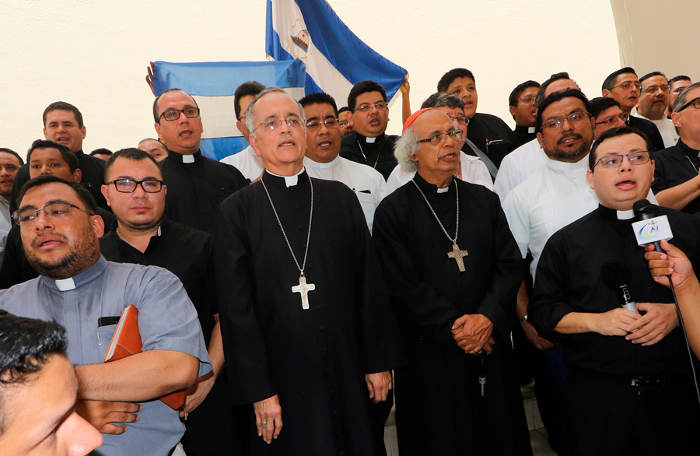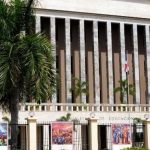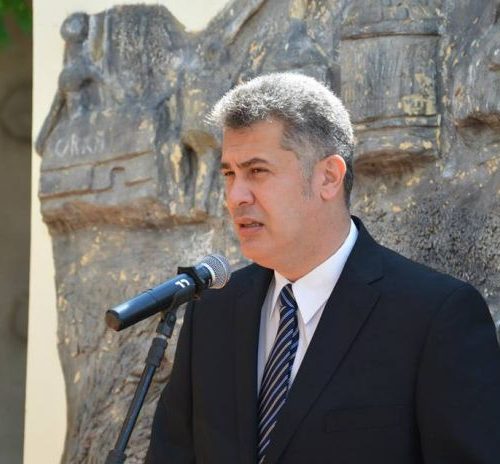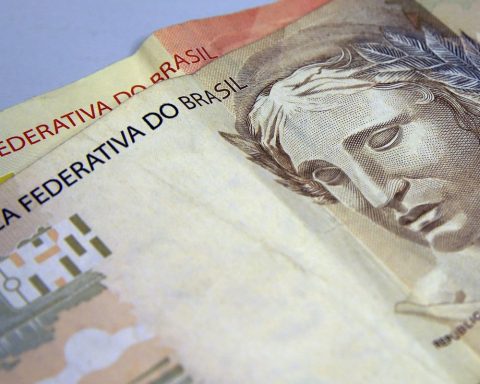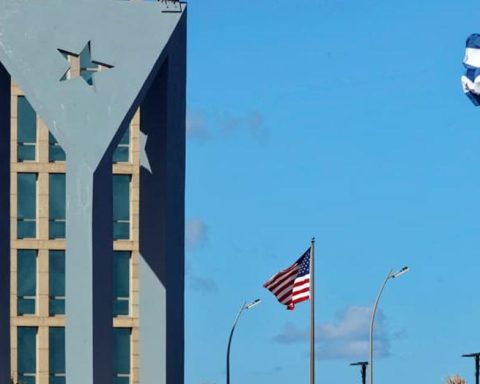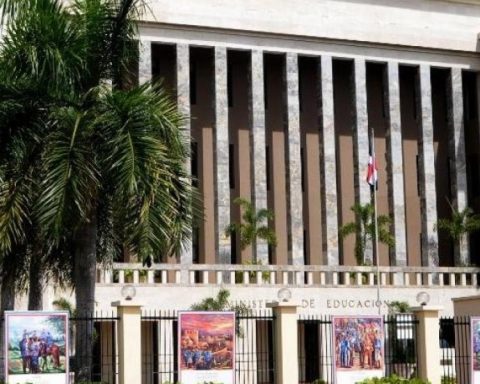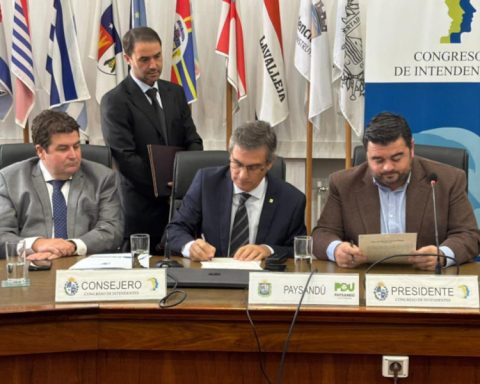Daniel Ortega and Rosario Murillo lately do not seem to show off having many lights. Since Thursday, May 19, the dictatorial regime that they preside over has launched an onslaught in crescendo against the Nicaraguan Catholic Church, without comparison in the recent history of our country.
The problem of the Sandinista Front with religion comes from the very beginning of the triumphant revolution that overthrew the military dictatorship of Anastasio Somoza Debayle in July 1979. The priests and bishops, just as they did in 2018, left the temples to shelter the victims of the cruel repression carried out by the National Guard in the so-called cleaning operations.
The triumphant left-wing revolution had among its ministers priests such as Fernando and Ernesto Cardenal, Miguel D`Escoto Brockmann and Edgard Parrales (current political prisoner of Ortega). Among them, they attended four neuralgic areas of the country such as education, culture, diplomacy and social affairs.
Related news: International PEN denounces the incessant “persecution in Nicaragua”
Although the Church, at the beginning of the FSLN government, viewed the process with sympathy and even came to proclaim itself in favor of a democratic and humanist socialism in a pastoral called Christian commitment for a new Nicaragua dated November 1979; The clash would soon begin due to the desire of the Sandinistas to hegemonize control of society.
In September 1979, the FSLN distributed among its militants a document called “The 72 hours” in which he defined that they should end the conquest of the State and that the fragile national unity forged in the insurrectionary struggle against Somoza was a tactic to get rid of the specter of direct US intervention.
The FSLN’s refusal to follow moderate and reformist positions, adopting the Cuban model, provoked growing reactions and criticism from the Church; which translated into acts of hostility, first symbolic and of low intensity, later more open and even physical.
From allowing the mass presided over by Archbishop Obando y Bravo to be broadcast on the Sandinista Television System (SSTV), to the censorship of Radio Católica for refusing to broadcast Ortega’s radio networks, to the montages carried out against priests Bismark Carballo and Amado Peña , the expulsion of critical priests, among them the bishop of Juigalpa, Pablo Vega, and the act of tension generated in the July 19 square during the John Paul II mass in Managua. A whole string of offenses carried out by the FSLN, which never understood the religious phenomenon, despite the fact that in the 1980s they had the advice of many good theologians from Latin America and Spain, who in most cases supported more a strategy of dialogue than confrontation with the Church.

The FSLN during the 1980s complained bitterly about the criticism made by Miguel Obando y Bravo and other bishops. The revolutionary government on many occasions tried to discredit the Catholic hierarchy by assuring that they were pawns or envoys from the US. At the end of the decade of the Revolution, Ortega had to turn to the then Archbishop of Managua to carry out a process of dialogue with the counterrevolution and the follow-up to the Esquipulas II agreements, which would culminate in the victory of Doña Violeta Barrios de Chamorro in February 1990.
In reality, Ortega and his wife have never understood that the Nicaraguan Church will never abandon its independence from power and its ability to criticize the national problem. To think that with gifts, land or appearances in the media that some priests or bishops accepted in the last 15 years I was going to be able to silence the Church was to be very politically awkward. The Church was never going to commit itself to defending a regime as lacking in legitimacy as Ortega’s, which – no matter how much it disguises itself as Christian – is actually perverse, diabolical and murderous.
Related news: Father Edwing Román points out Ortega to “buy love” and security
2018 showed that the Church was with whom it had to be: Next to the people. And so, once again the bishops and priests decided to suffer the same fate as the people: intimidation, harassment, persecution, smear campaigns and exile. And despite everything, the worst thing is that like a boomerang, the attacks on the Church consolidate its moral prestige and the support of the population for its prophetic actions.
Burnt into our retinas are the images of the bishops arriving in Masaya with the Blessed Sacrament stopping a massacre. And the brutal aggression they suffered by the Ortega mobs in Diriamba and Jinotepe. Also to the priests marching alongside evangelicals, feminists and sexual minorities, fighting for a just, fraternal and brotherly homeland, without a dictatorship.
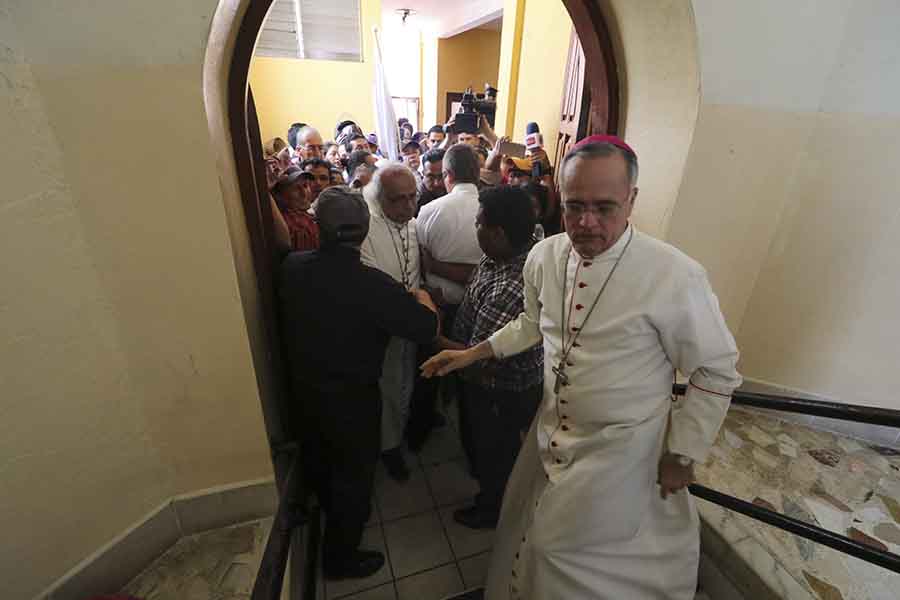
Despite everything, there are Bishop Silvio José Báez and Father Edwing Román giving hope in the ministry of consolation to the diaspora in the US despite the cruel exile they had to assume to safeguard their lives. They represent other priests who had to be transferred from their parish or move to other countries to escape the Ceaucescu-style authoritarianism that has been imposed by blood and fire in Nicaragua.
And within the country, there is Monsignor Rolando Álvarez, who with his brave example opposed from the pacifist evangelical radicalism against an unjust system that sought to restrict his rights as a believer and citizen. Hundreds of priests are represented in it who, within the country, continue to call our people to hope, telling them that the night, no matter how dark it may be, also ends and that all crucified people are resurrected one day not too far away.
From my exile in Spain, that unique ecclesial position prophetic and brave arouses great admiration. Catholic priests, bishops and journalists are amazed at the integrity of the Nicaraguan Church. Once, during an interview on TRECE TV, I said that as a believer I was proud of the quality of pastors we have in Nicaragua.
President Mr. Daniel. madam vice president jezebel: You do not learn. Tripping over the same stone twice. I’m really not surprised by his clumsiness. Fortunately, we have known since the time of Nero that persecution is the seed of new Christians. The Church will see the coffin of her dying and outdated regime pass by, and we journalists will be there to tell about it.
